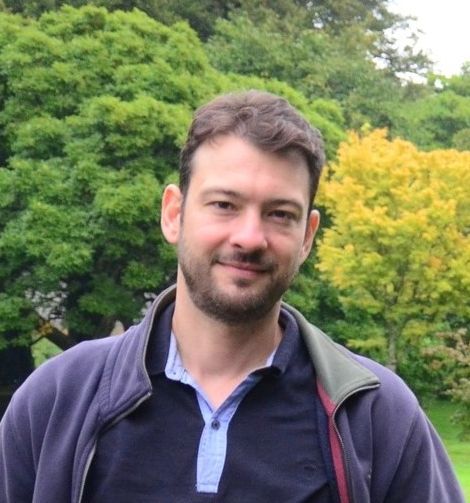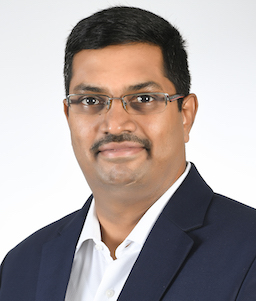Keynote speakers

Peter Sloot

Nikolay O Nikitin
In this talk I will discuss the current state of AutoML field and most promising direction for the future development. The special attention will be taken to meta-optimisation techniques and application of AutoML for industrial tasks.

Konstantinos Papoutsakis
The interaction between humans and objects, known as Human-Objects Interactions (HOI), holds significant importance within human behavior. We naturally manipulate common or unknown objects in many ways and contexts to accomplish tasks of varying significance and impact. Given the recent success and impact of Artificial Intelligence (AI) and Deep/Machine Learning from health care to manufacturing, the challenging and open topic of visual analysis of HOI is attracting a lot of attention from both academia and industry. In this Lecture, we will explore ideas and techniques for a novel framework that will empower smart agents and robotic systems to visually recognize and anticipate high-level semantics of HOI based on Deep Neural Networks, Knowledge Graphs, and Visual Reasoning.

Alexandra Vatjan

Davide La Torre
How ML algorithms can forecast signals in the modern dynamic financial world, enabling investors to make data-driven decisions in this rapidly evolving market,
How AI can be leveraged to create sophisticated quantitative tools for comprehensive financial analysis, providing informed decision-making and enhance investment strategies,
How to decode the intricacies of market sentiments to uncover valuable insights and gain a deeper understanding of market dynamics,
How to use AI algorithms to optimize risk-return profiles and maximizing investment performance,
How to develop transparent and interpretable models that shed light on risk factors and support effective risk management strategies,
How to deploy reinforcement learning techniques, enabling portfolios to adapt and optimize strategies in response to dynamic market conditions.
The topics covered by this talk provide an understanding on how AI has affected the banking and financial industries and how it will continue to change them in the years to come.
Reference: M. Corazza, R. Garcia, F. Khan, D. La Torre, H. Masri (edited by), Artificial Intelligence and Beyond for Finance, Word Scientific, 2024.

Raja Jayaraman

Hatem Masri
The presentation concerns the integration of artificial intelligence (AI) into modern teaching practices. Its objective is to equip future educators with a comprehensive understanding of the current and future capabilities of AI in education, with a particular focus on generative AI models such as ChatGPT, Google's Bard, and Microsoft's Bing Chat.
The presentation will commence with an exploration of the opportunities and challenges associated with incorporating AI in classrooms. It will then provide a detailed explanation of AI fundamentals and machine learning. We will discuss the necessity of reframing education in the era of AI, preparing students for an AI-driven workforce, fostering AI literacy, promoting computational thinking, and cultivating a culture of lifelong learning. Furthermore, we will examine strategies for adapting pedagogical practices to integrate AI, offering insights into learning theories, active learning approaches, and problem and project-based learning strategies with AI. We will also highlight the role of Bloom's taxonomy in an AI-enhanced classroom. Finally, we will address the significance of teacher professional development in the AI era. This will encompass the need for continuous adaptation and growth, AI competencies for educators, and the evolving nature of education with the increasing integration of AI.